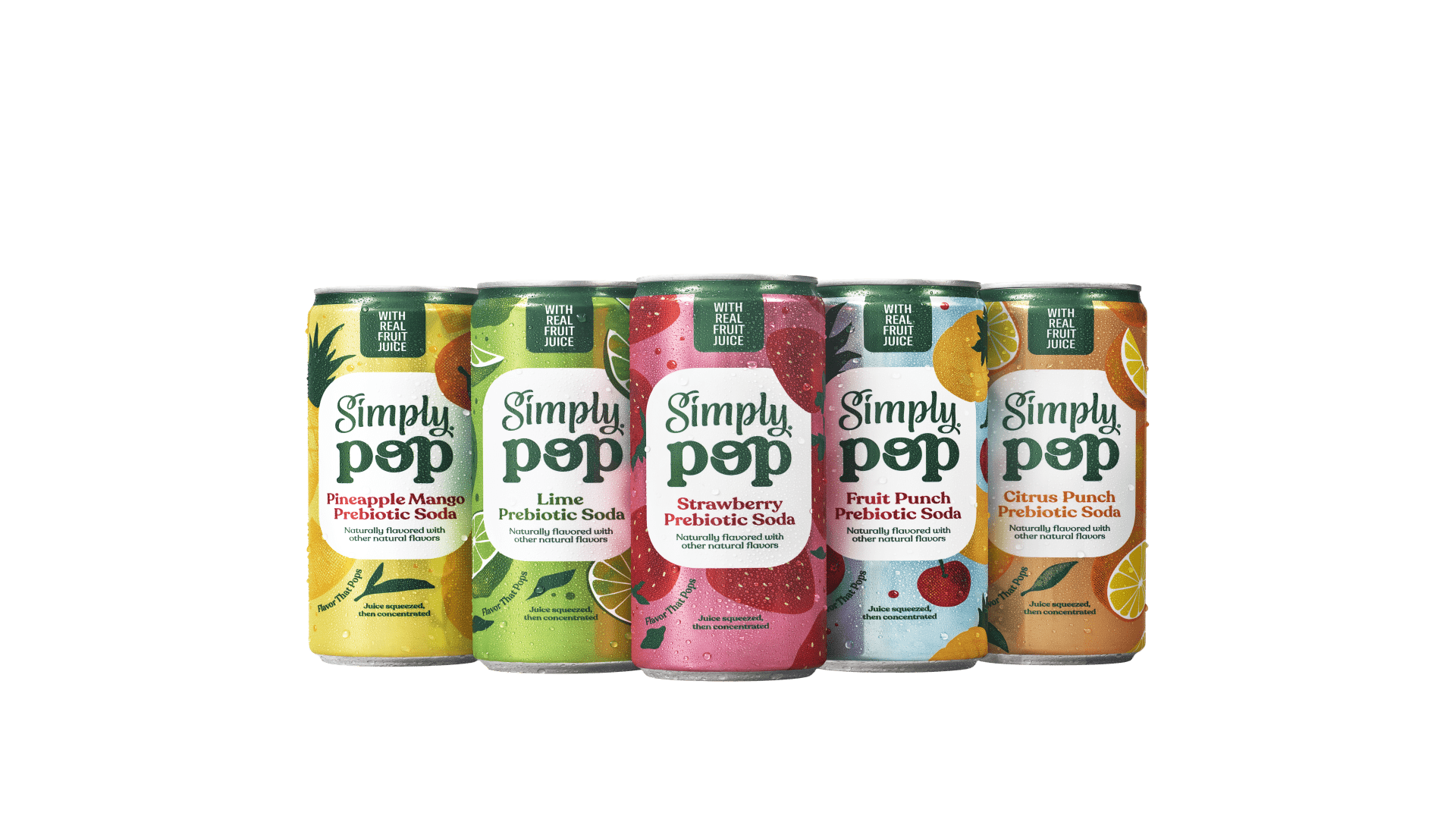
Coca-Cola is set to introduce a new prebiotic soda line, Simply Pop, aiming to compete with emerging brands like Olipop and Poppi.
Beginning in late February, customers in the West Coast and Southeast regions will have the opportunity to sample Coca-Cola’s take on this trendy beverage.
Over the past 20 years, soda consumption in the U.S. has seen a significant decline, owing to growing health concerns and the rise of alternative beverages like cold brew coffee, energy drinks, and flavored waters. However, the last five years have witnessed a surge in the popularity of prebiotic sodas, largely driven by innovative newcomers such as Olipop and Poppi.
Recently, Olipop secured $50 million in funding at a remarkable valuation of $1.85 billion. Meanwhile, Poppi made its second consecutive Super Bowl appearance this year, investing as much as $8 million to connect with the event’s massive audience.
The segment for digestive health beverages has expanded from $197 million in 2020 to about $440 million projected for 2024, based on data from Euromonitor International. Despite this growth, the prebiotic category remains a small part of the overall soda market valued in the billions.
Simply Pop’s initial flavor offerings focus on fruity profiles, reminiscent of Coca-Cola’s Simply juice line, with options like pineapple mango, lime, strawberry, fruit punch, and citrus punch.
“We actively engaged with consumers to understand their preferences. They are enthusiastic about flavorful options, which is something we excel at delivering within our Simply and Coca-Cola brands,” explained Becca Kerr, CEO of Coca-Cola’s North American nutrition division.
The Simply Pop beverages boast no added sugars and include 25% to 30% real fruit juice. They are also infused with vitamin C and zinc to support immune health.
Additionally, each drink contains six grams of prebiotic fiber—three times the fiber content of Poppi’s offerings but slightly less than Olipop’s nine grams.
Prebiotics are gaining traction due to claims linking them to improved gut health by promoting the growth of beneficial gut bacteria, although their health benefits remain inconclusive.
“We observe a notable interest in these products among younger generations, particularly millennials and Gen Z, as well as among multicultural consumers,” added Kerr.
However, health claims have faced scrutiny. Poppi is currently engaged in settlement negotiations over a lawsuit filed in May regarding the validity of its gut health marketing claims.
Coca-Cola has kept an eye on the prebiotic soda segment for several years. Olipop’s CEO, Ben Goodwin, revealed that both Coke and PepsiCo have expressed interest in potential acquisition discussions. Pepsi is also planning to launch its own prebiotic soda in 2025.
While Coca-Cola is entering this market as a newcomer, it leverages over a century of expertise in the soda industry, plus substantial marketing and distribution capabilities, boasting a projected revenue of $47 billion in 2024 compared to Olipop’s $400 million in sales for the same year.
Past attempts by Coca-Cola to tap into emerging beverage trends have not always succeeded, such as the swift removal of Coke Spiced from shelves in 2024 after its introduction, and a significant cutback in distribution for its Aha sparkling water, which failed to resonate with consumers.









